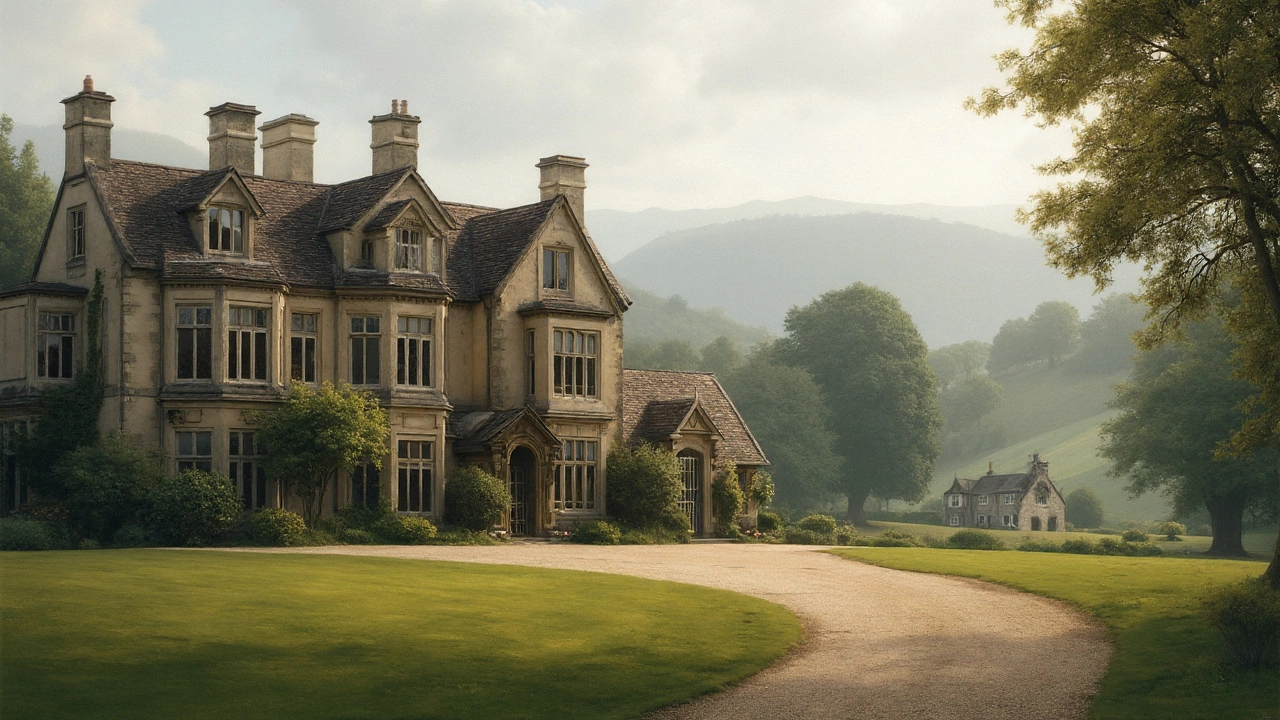Rural Property Made Simple: Cottages, Eco‑Retreats and How to Choose
If you love fresh air, wide open fields and the sound of birds, rural property is probably at the top of your list. Whether you’re hunting for a weekend break, a full‑time home or an investment, the countryside offers something for every taste. Below you’ll find practical advice that cuts through the jargon and helps you pick the right place without getting lost in details.
What Makes a Good Rural Property?
First, think about what you actually want to do with the land. Do you need a place to relax, a spot to host friends, or a spot to start a small farm? A cabin in the woods works great for quick getaways, while a larger country cottage with a garden is better for long stays and self‑catering holidays. Look for properties that already have basic utilities—water, electricity and good road access. Those are the foundations that save you time and money later.
Another key point is the surrounding community. Friendly neighbours, nearby shops and easy transport links make life in the countryside far more comfortable. Even if you plan to stay mostly on the property, you’ll appreciate a local bakery or a pub where you can meet locals and get tips about the area.
Eco‑Friendly Cottages: Why They’re Worth It
Eco‑friendly cottages are becoming popular because they lower bills and reduce your environmental impact. Look for homes built with natural materials like timber, stone or reclaimed brick. Good insulation, solar panels and rainwater harvesting are big pluses. They might cost a bit more upfront, but the savings on heating and water add up quickly.
If you’re buying an existing property, you can still make it greener. Simple upgrades such as LED lighting, low‑flow faucets and a smart thermostat bring immediate benefits. Many owners also plant native trees or create wildlife corridors, which not only help the planet but also make the property more attractive to guests.
For those who want to rent out a rural property, eco‑features are a strong selling point. Travelers looking for authentic countryside experiences often search for “sustainable cottages” or “green retreats.” Highlighting these aspects in your listing can boost bookings and allow you to charge a premium.
Finally, don’t overlook the paperwork. Check planning permissions, especially if you want to add extensions or outbuildings. Rural areas can have strict rules about preserving the landscape, so a quick chat with the local council can prevent surprises down the line.
In short, a rural property can be a cozy haven, a smart investment, or both. Focus on the purpose, the community, and the eco‑features that matter most to you. With the right approach, you’ll find a countryside spot that feels like home from day one.
